Caroline Yeh was at Hall of Flowers in Santa Rosa the day after her brand, TSUMo Snacks, announced a product collaboration with rapper Snoop Dogg. The news broke with a dedicated feature in The Washington Post before a surge of mainstream coverage followed, peaking with segments on The Tonight Show and Late Night with Seth Meyers that night.
A spike in interest in the brand during that twenty-four-hour period led to more than 16,000 inbound requests for unmedicated samples of the brand’s savory chips. “In the year up to that point we had maybe 500 sample requests total,” said Yeh, cofounder of the savory edibles company, which launched in California in 2021. “I was like, ‘Oh shit! Can we actually fulfill that?’”
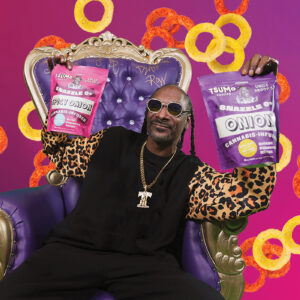
This type of blast-off is at the top of the list of benefits that come from working with a celebrity. Leveraging a big name and fanbase to kickstart a new product can be a vital promotional vehicle for marketers with limited options—particularly given how irresistible the combination of cannabis and celebrities is to mainstream media these days.
And yet, for every proponent of celebrity weed, you’ll find at least a couple highly opinionated detractors. Those informed by the legacy era often point to the naiveté of famous people and brands thinking real consumers will pay a premium for their name. Others question the value of superstars’ endorsements for businesses with very few points of sale. It is, without question, one of the industry’s most consistently divisive topics.
Recent news that Sean “Diddy” Combs will enter the market by acquiring some of Cresco Labs’ and Columbia Care’s divested assets in New York, Massachusetts, and Illinois ignited the debate once more, causing the stalwart legacy operators and the shiny CPG careerists to divide themselves into opposing camps on LinkedIn. “Most celebrity weed is grown by less-quality cultivation brands and is for sale at a premium price next to the same-quality product that’s cheaper,” wrote Respect My Region cofounder Mitch Pfeifer in one particularly lively LinkedIn debate. “This doesn’t satisfy what the majority of consumers care for.”
At a moment when shoppers everywhere are factoring value into every purchase, it feels appropriate to question whether true benefit attaches to adding extravagant celebrity endorsements or partnerships to product costs. Do famous people really add value in the eyes of consumers and thus to businesses? If so, do certain traits make one celebrity more valuable than another? And if you really must court a celebrity partnership, how can you minimize risk, maximize value, and give consumers something in exchange for a higher price tag?
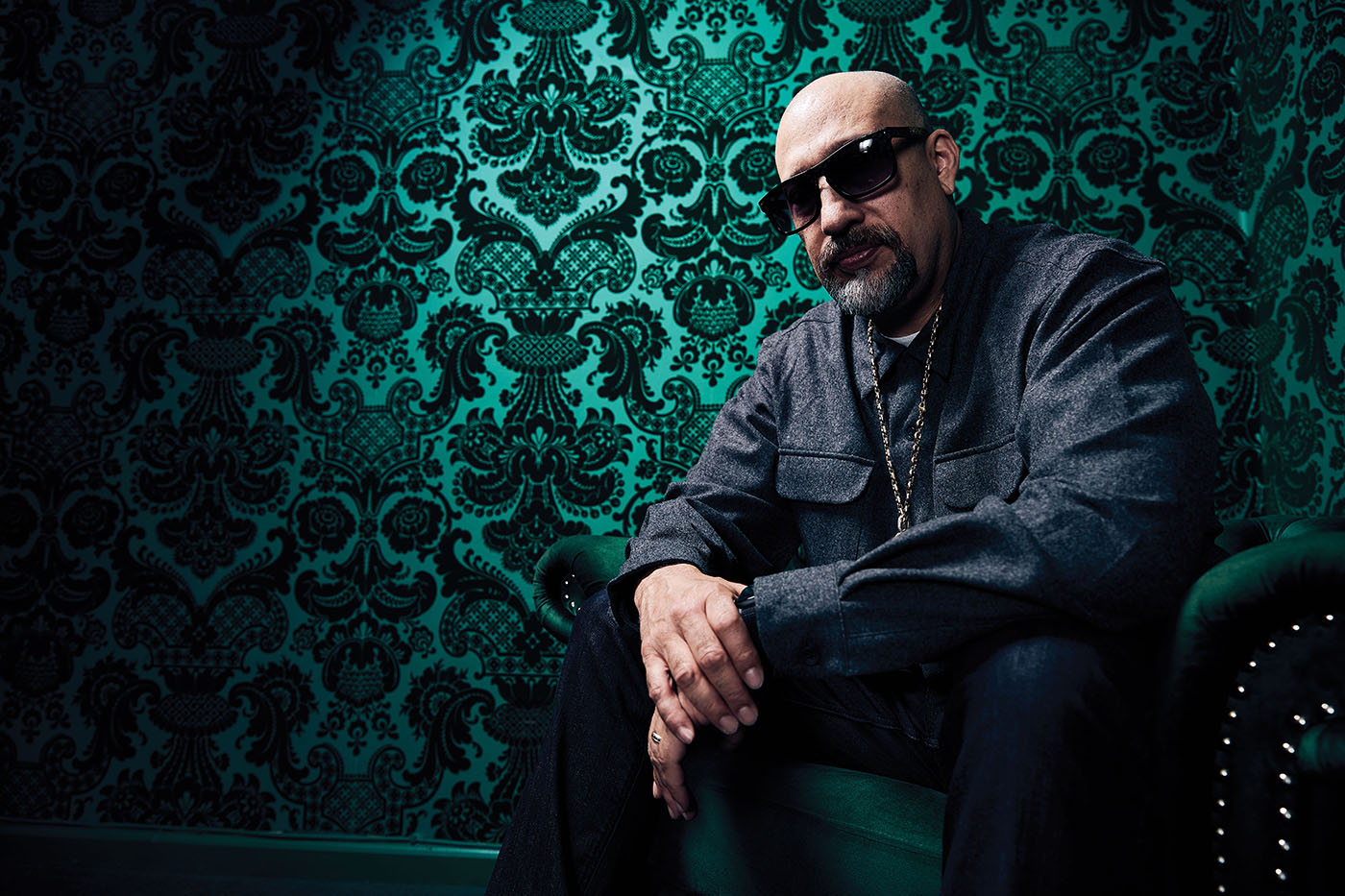
Figureheads and spokespeople
When most people think of a celebrity-brand partnership, they imagine the celebrity as the face of the brand. Whether this is through an endorsement/royalty deal or an equity stake in the company, the celebrity uses their name to drive awareness about the product in exchange for a direct payment or upside.
There’s been a considerable amount of this sort of relationship in the industry so far. Legions of big names have thrown their hat into the ring, from Justin Bieber’s collaboration with Peaches to Travis Scott and Connected’s collaboration, Whoopi Goldberg’s new endeavor Emma & Clyde, and Jay-Z and The Parent Company’s Monogram.
Rama Mayo, cofounder of creative agency and shared space Green Street, was an early pioneer of the cannabis brand-celebrity partnership. In 2013, Mayo worked a deal between G-Pen and Snoop Dogg to create a signature dry-herb vaporizer. Given the unrestricted global sales reach of hardware, the novelty of a celebrity weed product, and the professionalism of Dogg’s team, the launch was a success from a sales perspective. Mayo subsequently worked on projects with Post Malone, The Game, 2 Chainz, Cypress Hill, and Wiz Khalifa. He learned a lot about the potential and pitfalls.
“There’s so much talk in the industry about how celebrity brands don’t work, but they can work if you know what you’re doing,” said Mayo, who also is a cofounder of the trade show Hall of Flowers. “From what I’ve seen, cannabis brands don’t understand what it takes to sign the artist, nor do they understand what the artist is actually going to do to help the business.”
He cautioned that while it might seem like a famous person and their fanbase are a shortcut to sales, the costs often are far higher than initially expected. “Celebrities require significant investment, and most brands mistakenly think the celebrity on their own will carry the message,” said Mayo. “Celebrities are expensive. You need to double and triple down on what you normally would spend to promote the partnership.”
Of all the celebrity brands in the market at the moment, Tyson 2.0 is one of the most notable successes. After running into operational challenges with his first venture, Tyson Ranch, former heavyweight boxing champion Mike Tyson returned, backed by leadership from cloud compliance and marketing platform Fyllo and partnerships with multistate operators (MSOs) Columbia Care and Verano. A newly formed parent company, Carma Holdings, is on track to close 2022 with $50 million in revenue, the vast majority coming from Tyson’s product line—in which he has an ownership stake.
Carma is building a celebrity-heavy portfolio of branded products that quickly can be licensed in new markets. Despite launching just one year ago, Tyson 2.0 products already are available in forty states. In April 2022, the company announced sixteen-time professional wrestling champion Ric Flair would join the roster with a line of cannabis products and merchandise.
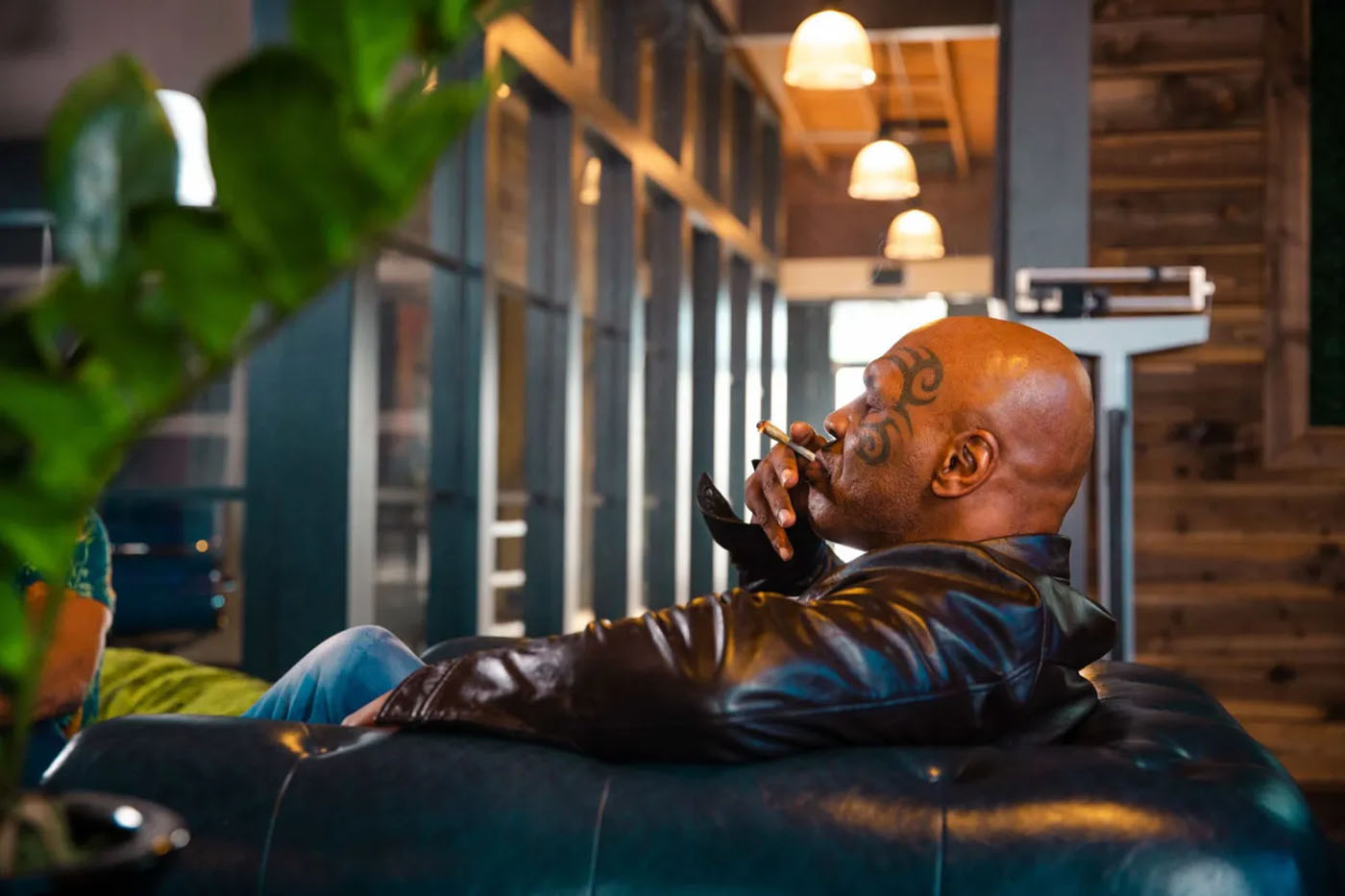
“I don’t really care about a lot of celebrities, but I love Mike and Ric,” said Chad Bronstein, cofounder, president, and chairman of Carma Holdings and founder and chief executive officer at Fyllo. “These two really mean something special to the millions of people who grew up watching them. That nostalgia is incredibly powerful and is translating into sales and brand affinity.”
Investors, shareholders, and partners
Celebrities also are entering the industry as investors and shareholders. Reports suggest angel investing has been increasing steadily in the past two decades, and cannabis—like tech, crypto, and NFTs—is the kind of flashy investment that can entice an affluent celebrity looking to diversify their portfolio, add some value to the company, and have a bit of fun.
No cannabis brand has courted or leveraged celebrity investors better than Cann. The chic beverage company consistently grabs headlines for bringing onto its capitalization table big names like Gwyneth Paltrow, Rosario Dawson, and Adam DeVine. This has led to the kind of mainstream media exposure about which cannabis companies dream.
Cofounder Luke Anderson said the celebrity relationships came about organically after Cann’s founders began pondering a central question: “How do we open up the aperture for the whole industry and speak to this new wave of diverse cannabis consumers who don’t look like the ones of yesteryear?”
Today, Cann has forty-five celebrity shareholders, with Dawson even taking a seat on the company’s board of directors. “She has been one of the most transformative people for the company,” said Anderson. “She’s a force for good and for healthy profit-and-loss evolution in a way a lot of greedy people in cannabis just don’t know how to be.”
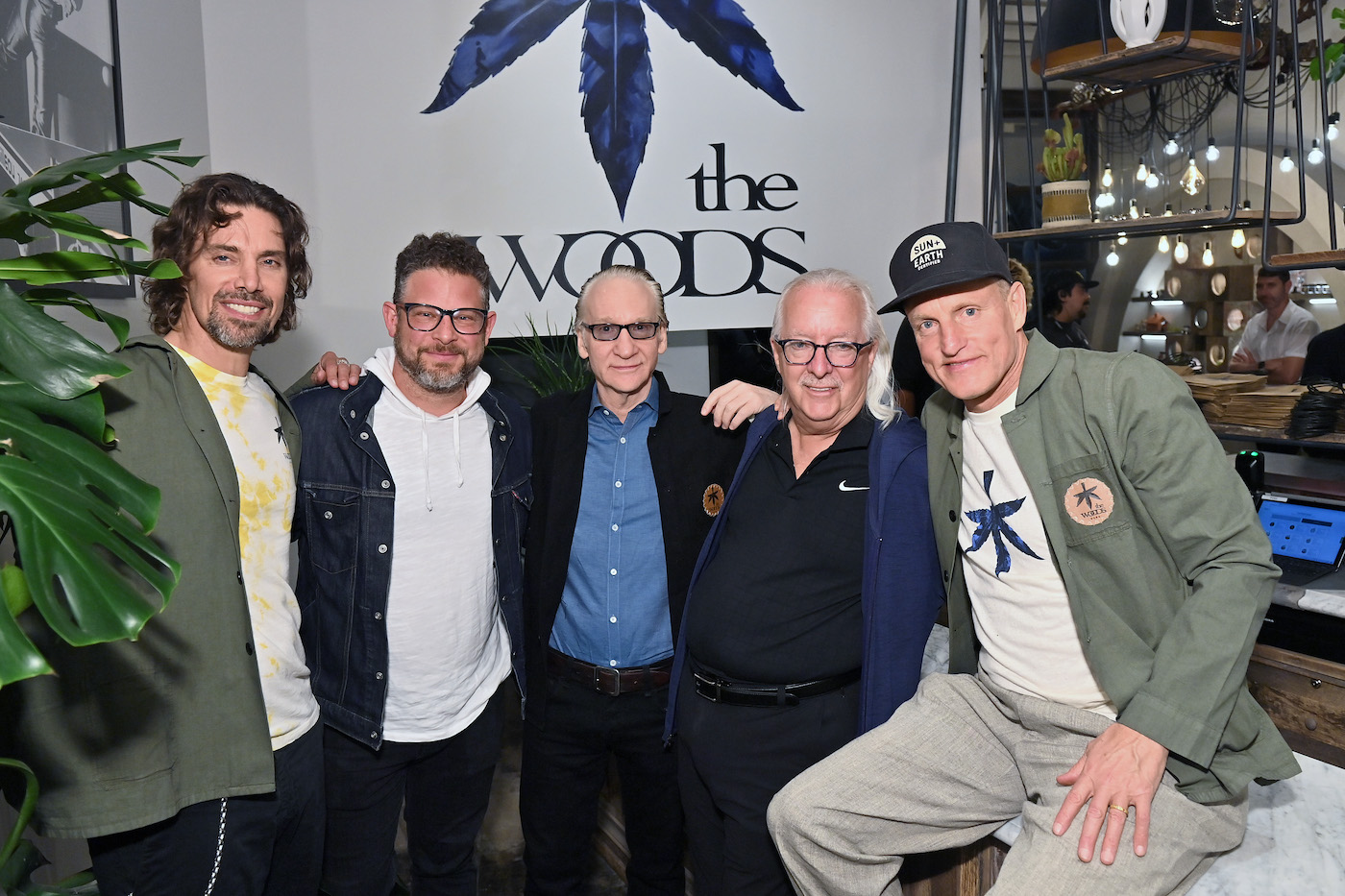
Celebrities using their involvement for good is a core tenet at West Hollywood dispensary and consumption lounge The Woods, which is partially owned by Hollywood A-listers Woody Harrelson and Bill Maher. The pair of famous partakers partnered with the founder of Los Angeles staple Erba to create a thoughtful space that combines Harrelson’s passions for sustainability and sungrown flower.
“His level of presence is rare for celebrity cannabis ownership,” said Kenneth Loo, cofounder and chief executive officer at Chapter2, a public-relations agency that has worked with G-Eazy’s FlowerShop and Pure Beauty, which counts Aubrey Plaza, Nas, and Timbaland among its investors. “He subtly utilizes his fame and energy to elevate the brand, like sporting a The Woods T-shirt at the French Open or using photos of his younger self on a billboard. This cultivates an emotional connection that reaches a broad range of consumers.”
Some well-known figures bring more than their name, their causes, and their money. Coachella-based cultivator and brand house Green Horizons brought fashion mogul Tommy Hilfiger and his agency, Star Branding Corp., into the project as an investor. The first brand the company launched, Boast, is a revived apparel line from Hilfiger’s archive reimagined as a cannabis culture lifestyle brand.
“Tommy saw an opportunity to take what he learned in fashion, which is connecting large-scale, low-COGS [cost of goods sold] infrastructure with a house of brands, and apply that to cannabis via his legacy brand Boast,” said Green Horizons CEO Los Arias, adding Hilfiger is “very active” in the business.
Arias highlighted the advantages of tapping into Hilfiger’s wealth of entrepreneurial, operational, and creative knowledge, but was quick to make clear Hilfiger-branded weed won’t be found on dispensary shelves. “That isn’t what this is at all,” he said. “I strongly maintain I have no interest in celebrity brands or endorsements [for cannabis products].”
Brand publicity
The biggest benefit of partnering with celebrities is undoubtedly the publicity. Send out a press release, and your brand can have its day in the sun as the mainstream media laps up another famous figure saying they love weed enough to risk their standing with certain segments of their fanbase.
“Earned media is king, particularly in our industry,” said Mayo, referring to unpaid media mentions. “And celebrities are one of the most reliable ways for generating that.”
The biggest cannabis-related news stories often involve celebrities. Whether it’s Chelsea Handler saying she prefers a morning joint to a cup of coffee or Tyson launching sardonic edibles shaped like bitten ears, name recognition matters to the press. “In 2018, we saw a flood of celebrities who were attached to launches heavily reported by places like The Hollywood Reporter, the Los Angeles Times, Complex, Hypebeast, and Rolling Stone,” said Gallery PR founder Sonia Hendrix, who has worked with Kendall and Kylie Jenner, Jessica Alba, Post Malone, and Xzibit. “In established verticals like fashion, beauty, technology, and spirits, celebrity-endorsed launches are an age-old strategy for brand lift.”
TSUMo Snacks had been in the market for about a year prior to the Dogg collaboration, but the announcement was a crucial awareness generator for the company’s specific product niche. “It put the idea of savory edibles into people’s heads,” said Yeh. “I think that helped us really stand out from other edibles on the market.”
It’s important to remember any dalliance with the mainstream media will be fleeting, so brands must be prepared to capitalize on the buzz. “It’s amazing to me how many cannabis brands have horrendous marketing funnels,” said Madison Fiore, cofounder of digital marketing agency Mattio+Fiore. Among his clients is actor and screenwriter Seth Rogen’s irreverent flower and ceramics brand Houseplant.
Fiore suggested before announcing a celebrity partnership, the brand should have a robust funnel in place to ensure it can capture as many leads as possible. “It’s super-important to get your customers’ email address, their phone number, get them to follow you on social media, and build a community they want to be a part of,” he said. “In my opinion, this stuff is five times more important than getting that initial impression through a social post or a news story.”
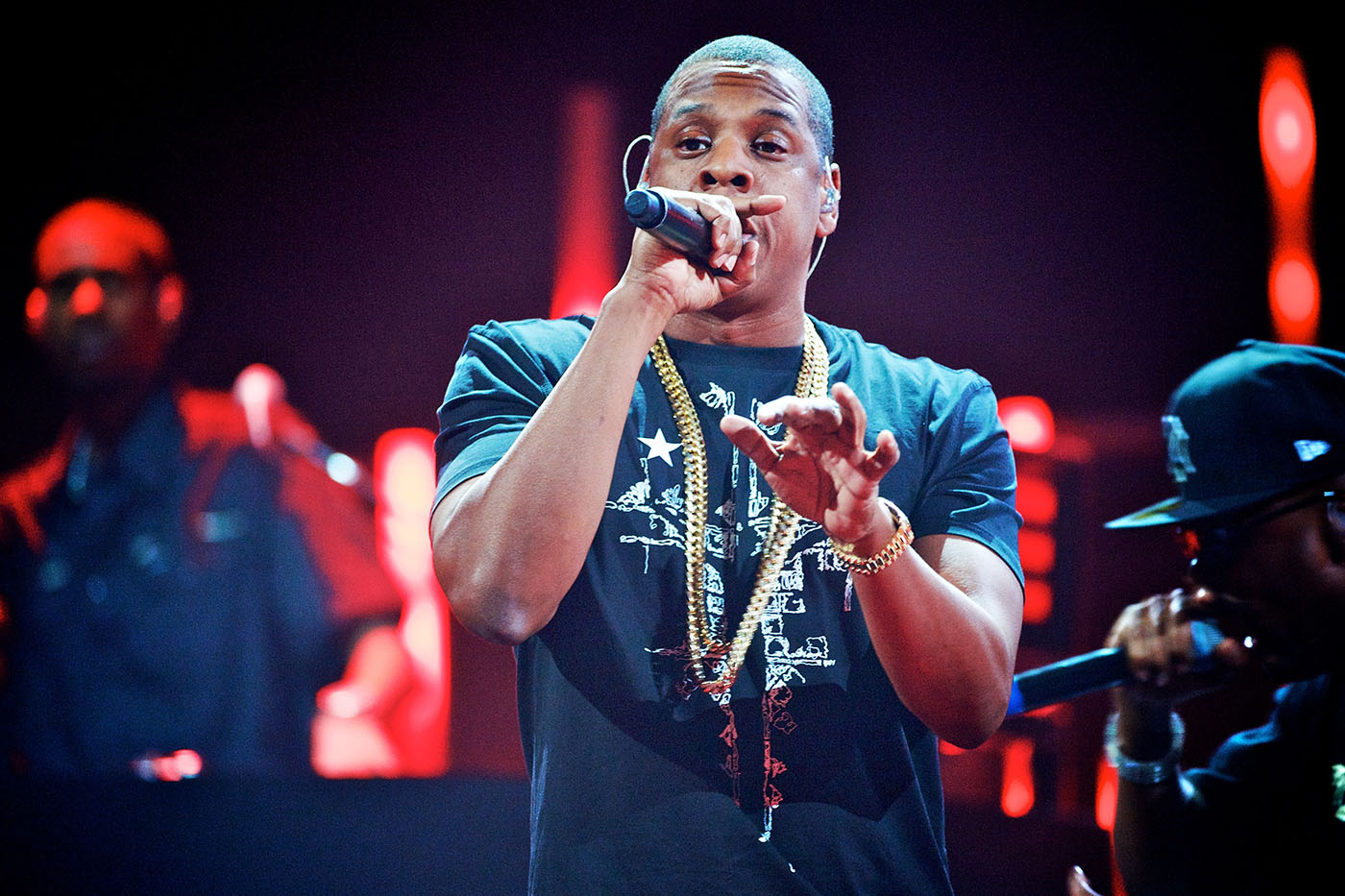
Overpaying and underpaying
For multinational corporations like Pepsi or Samsung, celebrities with national or global notoriety can be an excellent asset for mass-marketing products. But for cannabis companies, with their fragmented local markets and restricted distribution channels, the vast majority of value cannot be captured today.
“You are inherently overpaying for these people,” said Jason Osni, cofounder of flower brand Old Pal. “Beyonce isn’t going to give you a discount because you can’t sell your products to 90 percent of the people who know who she is. That’s not her fault.”
Not long after it launched, Osni’s brand entered talks with a “very, very big name” who agreed to become the Old Pal in exchange for a 3-percent equity stake in the company. Osni and his team walked away, and he’s never regretted the decision. The return on that deal “would have been nowhere close” to what it cost, he said.
Green Street’s Mayo agrees, but added that even despite overpaying, cannabis deals are relatively small in comparison to the average celebrity’s endorsement portfolio. “In my experience, the people involved with the celebrities behind the scenes do not want to do cannabis deals, because they aren’t lucrative the way they are for big brands,” he said. “In some cases, these small weed deals put those big mainstream contracts in jeopardy.” He related a deal he once negotiated with a big-name celebrity who was forced to pull out because Lexus, one of the celeb’s flagship sponsors, threatened to terminate their agreement due to the association with cannabis.
Risky business
Publicity is a sword that cuts in both directions, but it is far sharper on the negative side. News of a celebrity’s downfall will travel much farther and faster than news they endorse an edible. If your business is intrinsically linked to a famous person, what happens to your company if that celebrity gets canceled? Do you have the products and the strategy to move on, or does the celeb’s collapse take your business down too?
“If they do something stupid and get into a lot of trouble, how is my brand going to be affected by that?” Osni asked. “In business, you want to reduce risk wherever you can and, as I see it, adding a celebrity definitely doesn’t do that.”
David Paleschuck, longtime creative director and author of Branding Bud: The Commercialization of Cannabis, explained single-celebrity brands rose to prominence in the 1950s but fell out of favor in the ensuing decades as celebrities misstepped and indirectly tarnished the companies they endorsed. “Think O.J. Simpson for Hertz,” said Paleschuck. “It’s risky to attach yourself to one celebrity, so brands started doing endorsement deals and creating a portfolio of celebrities.”
According to KCSA Strategic Communications Managing Partner Lewis Goldberg, “There’s going to be risk anytime any brand works with a celebrity.” Goldberg’s agency represents Acreage Holdings, which enticed former Speaker of the House John Boehner onto its board. “We always advise our clients to find someone who is actually going to be part of the company, who is invested in its success. You don’t want someone collecting sponsorships like a NASCAR driver. The exposure to risk becomes higher if they’re not truly bought into the business.”
If your celebrity were to be arrested for domestic violence or caught up in a #MeToo accusation, how would that affect your brand? According to Lori Shaw, a sports, music, and entertainment finance and insurance specialist, asking these uncomfortable questions from the get-go is essential for adequate risk management. “The first step is to analyze the potential risks, discuss what-if scenarios, outline the financial consequences, and be aware of the risks that can be avoided, those that can be transferred contractually to the celebrity or talent, those that can be transferred to insurance, and those that must be retained,” Shaw told Risk & Insurance® magazine.
In an era when falls from grace can be swift, unexpected, and potentially disastrous for associated entities, weighing the risks of a celebrity partnership very carefully and completing rigorous due diligence are essential.
Authenticity counts
Authenticity, a timeless yardstick for measuring brand potency, carries even greater importance when considering a celebrity brand. Does the public believe this person is authentic in their goal of selling them a great experience, or are they simply grifting a few bucks on an already overpriced product?
One celebrity cannabis entrepreneur whose bonafides cannot be questioned is former NFL running back Ricky Williams. The 1998 Heisman trophy winner’s defiant cannabis use during his career with the Miami Dolphins famously led to his early retirement in 2004, and this has been worked into the story of his brand, Highsman, in an effective way.
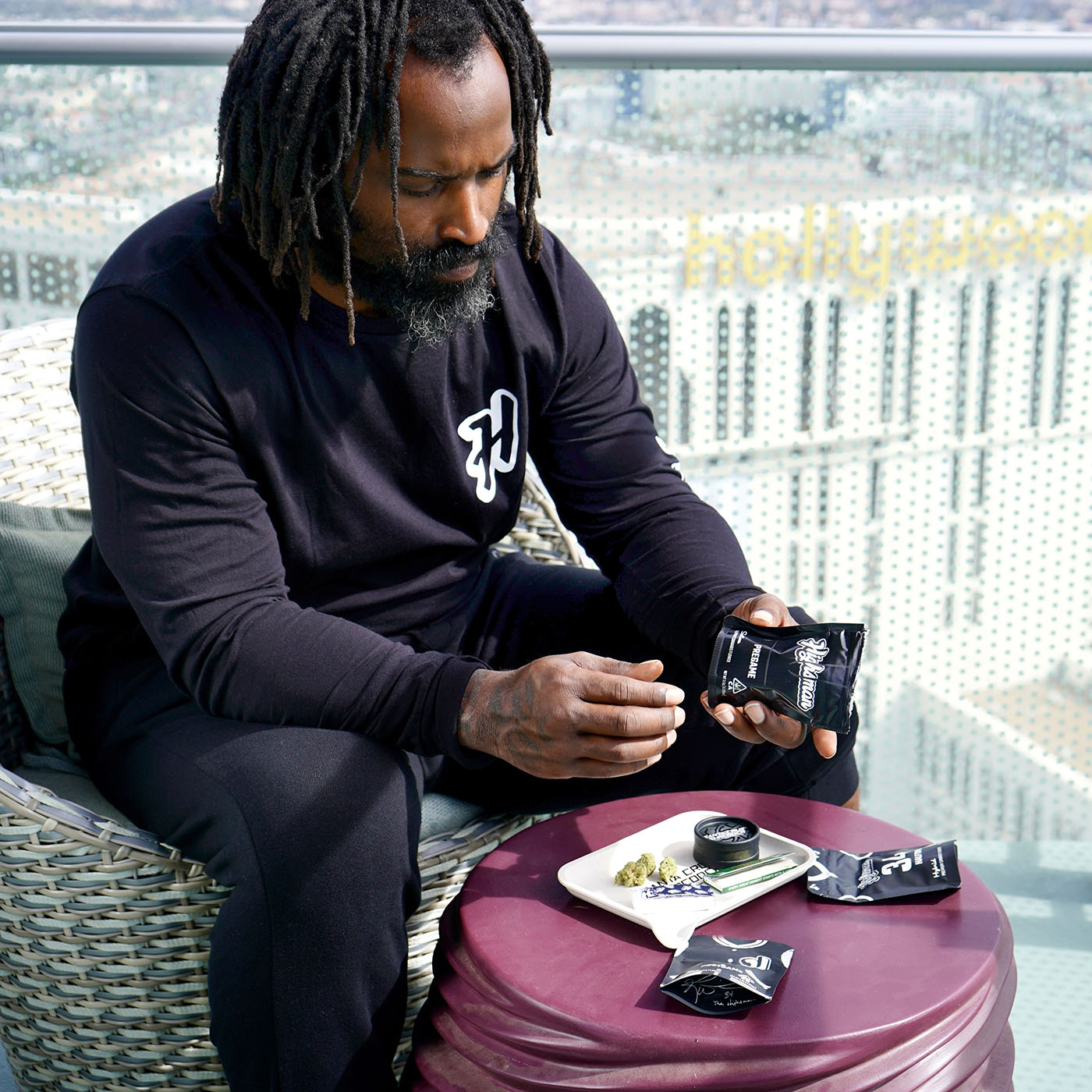
“People see Ricky as someone who achieved the pinnacle of sports stardom and chose to walk away in favor of cannabis because he felt so passionately about it,” said Eric Hammond, Highsman’s CEO. “What’s been really interesting is a lot of the budtenders don’t know Ricky Williams the running back. They know the lore of the guy that bucked the system to smoke weed. It makes them connect with him on a deeper level.”
Williams’s decades-long love for the plant also makes him a credible source of fire. He earned a Ganjier certification from Green Flower and is the flower curator for Highsman, and as the majority shareholder, he takes the business extremely seriously. He regularly drops in at dispensaries, shoots content, and speaks to the media, putting in the hard work to make the brand a success and showing consumers and retailers he brings value.
Tyson also has been a success in no small part because of his consistent association with the plant. Rarely seen not shrouded in plumes of smoke and buoyed by mainstream press surrounding his ear-shaped edibles, consumers now consider the former boxer to be a guy who knows knockout weed.
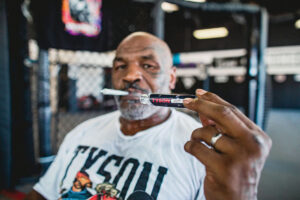
But authenticity means different things to different consumers. Cann’s target market is primarily newer partakers, so the brand doesn’t tap celebrities with an existing reputation within the industry. Instead, celebrities are aspirational stand-ins for the company’s cannacurious target market, and in this case, authenticity might mean swapping a nightly glass of wine for an infused beverage and discussing the routine on TV or participating in product development and the surrounding campaign.
“For our Adam DeVine and Tove Lo products, the celebrities are involved in the design of the product and the ingredients, and they liaise with the retailers on how to promote it directly and personally,” said Anderson. “This gets them and the fans bought into the collaboration.”
This diverging interpretation of authenticity is an important fork in the road for brands considering a celebrity partnership: What do the target consumers consider authentic?
Brands that sell flower or concentrates should work with well-known stoners who have something to contribute. Flower and concentrate consumers are discerning, and category success is found at the nexus of price and quality. So if a celebrity puts the brand at an immediate price disadvantage, they must bring tangible qualities to compensate.
When the product is designed to convert new users, such as edibles or wellness products, the celebrity ought to be someone who isn’t directly associated with cannabis, like Gwyneth Paltrow or Martha Stewart. They generally should be using cannabis as a healthier alternative to another substance, like alcohol or Ambien. Ideally, consumers will see the partnership and think, “If they are using it for [insert reason], then maybe cannabis can work for me too.”
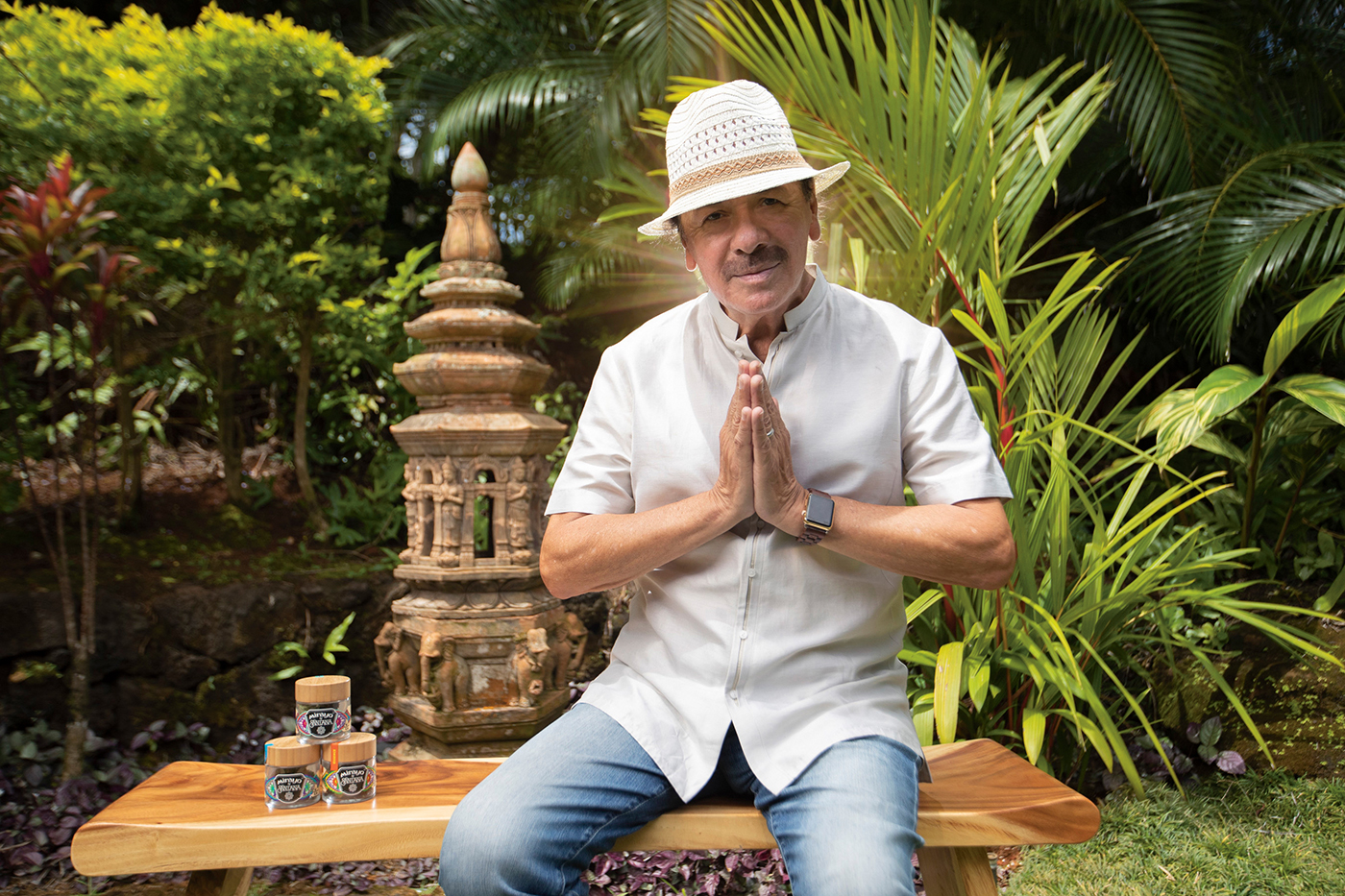
Takeaways
There’s no question celebrities participating in the industry can be impactful for individual companies and the market as a whole. But it’s also true they often add nothing but a heavy line item on a brand’s balance sheet and increased costs for consumers.
Consciously or not, consumers know celebrity-endorsed products are more expensive because a big name is involved. So the question becomes this: Does spending an extra 5 to 10 percent on an endorsed product give them a better outcome, an enhanced experience or, at the very least, some bussin’ clout on social media?
At the macro level, a celebrity mention is almost always positive for the industry. Every brand-celeb partnership that breaks into the mainstream media greatly benefits the cause of normalization. The more people who know cannabis is a safe and socially acceptable alternative to alcohol or pharmaceutical drugs, the quicker the market will expand and the industry reaches its potential.
But at the individual company level, the calculation is more complicated. Is it in your company’s best interest to take on the obvious risks for a guaranteed benefit to the industry but a much-less-certain benefit for you directly? Are the fleeting media interest and handful of social media posts worth shrinking your margins and pegging your fortunes to a high-profile person you can’t control?
An optimist’s outlook is that as more states legalize and licensing partnerships with increasingly sophisticated MSOs become commonplace, the value associated with celebrity partnerships will become easier to capture over time. Through this lens, the glory days of celebrity cannabis brands are still ahead of us.
“Is it good PR? Sure. Is it actually making any money for the celebrity and the brand? Probably not,” said Paleschuck. “There’s a lot of smoke and mirrors right now. Maybe when there are more national cannabis brands that can capitalize on the reach across the entire country. But until then, a lot of it is noise.”







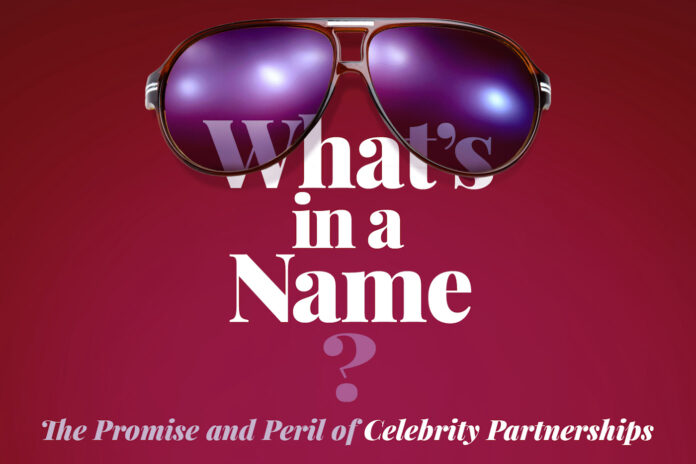





[…] Celebrity partnerships and endorsement deals are complex and expensive and don’t always work out as planned. mg examined the risks and rewards and offered guidance from companies that have been successful. […]